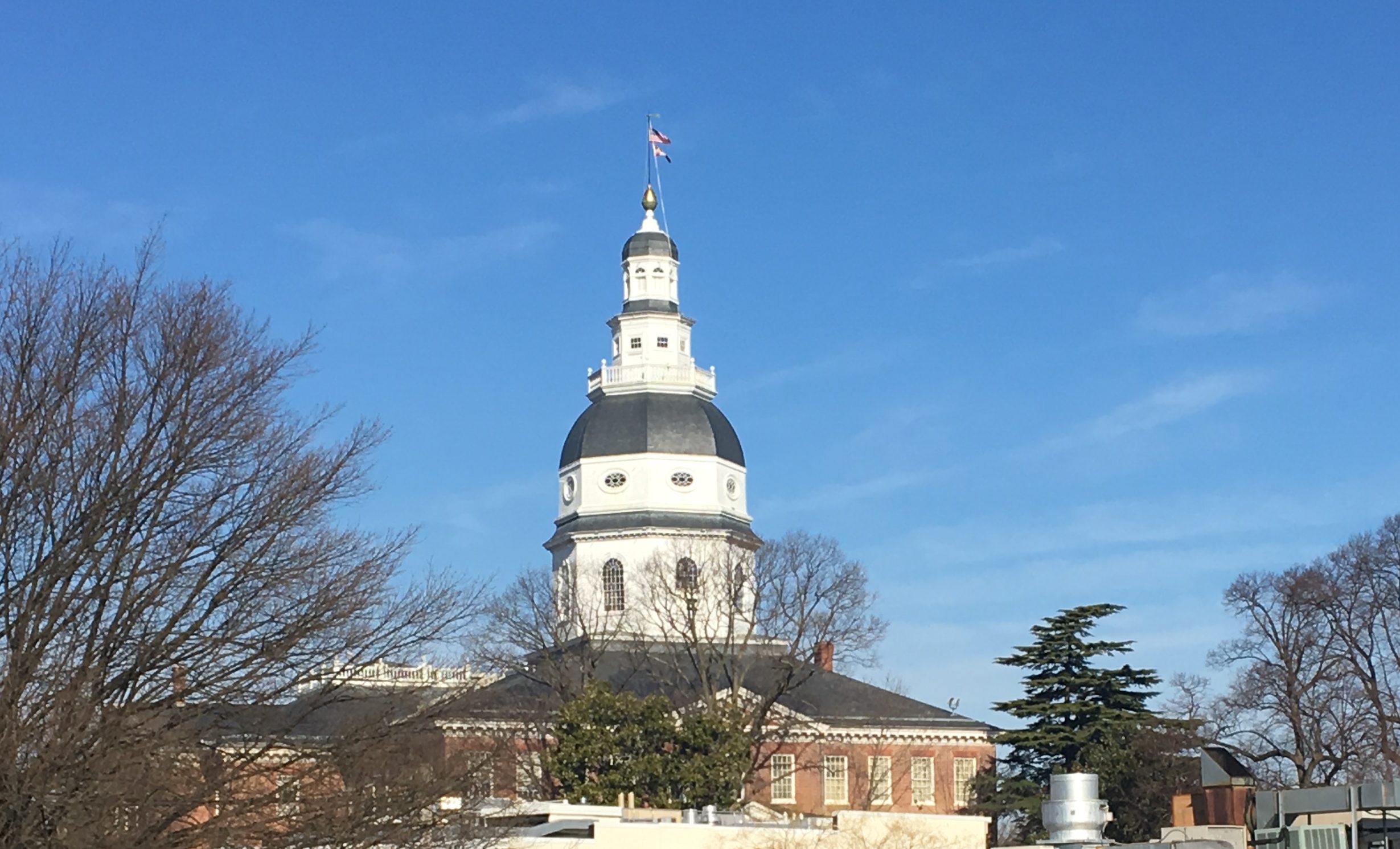House narrowly passes bill to include citizenship question in census
By KATHARINE WILSON
Capital News Service
WASHINGTON — The Republican-led House Wednesday passed a bill to add a citizenship question to the decennial census and exclude non-citizens from the population count used to determine federal representation.
No House Democrats voted for the bill, which passed along party lines 206-202. The vote sends the bill to the Democratic-controlled Senate, where it is unlikely to move forward.
“Common sense dictates that only American citizens should be counted for electoral apportionment,” House Speaker Mike Johnson, R–Louisiana, said in a statement after the vote.
Johnson said including non-citizens in congressional reapportionment rewards illegal immigration and cities with relaxed immigration policies with more representation.
However, Democrats argued Wednesday that the bill would unfairly harm people who came to the country both legally and illegally with less federal funding and weaker representation of their communities.
“We don’t need to start finger-painting on the Constitution with this silly election-year proposal,” Rep. Jamie Raskin, D–Maryland, said on the House floor. “This is a land that is built on immigration.”
The census last included a citizenship question in 1950. During his presidency, Donald Trump attempted to add the question to the 2020 census but was blocked by the Supreme Court.
Senate Majority Leader Chuck Schumer, D–New York, was critical of the citizenship question in 2019 when he accused Trump of “intimidating communities of color.” House Republicans want only the number of U.S. citizens in an area to count for representation. If enacted, this legislation could decrease federal representation for states with large immigrant populations, including California, Florida, and Texas.
“The mere presence of illegal immigrants in the United States is having a profound impact on the outcomes of elections, skewing the representation of Americans,” Rep. Chuck Edwards, R–North Carolina, said on the House floor.
Edwards, the bill’s sponsor, added that non-citizens have no allegiance to the United States and should not count for representation.
Rep. Nanette Barragán, D–California, countered that adding a citizenship question would have a “chilling effect” on census participation by immigrant communities.
Opponents of the bill said that immigrant communities might be afraid to answer the census with a citizenship question over fears of being reported to law enforcement agencies.
“This would deprive immigrants of representation and resources,” Barragán said.
Johnny Zuagar, president of the American Federation of Government Employees Census Council 241, told Capital News Service Tuesday that Trump’s push for adding the question to the 2020 census caused chaos and difficulty for census workers.
Zuagar said U.S. Census Bureau employees had to work hard to regain trust in immigrant communities. “Our staff has done a great job of just trying to build relationships throughout the country with different groups, especially Hispanic groups,” Zuagar said. “We just don’t want to add more challenges.”

Capital News Service is a student-powered news organization run by the University of Maryland Philip Merrill College of Journalism. With bureaus in Annapolis and Washington run by professional journalists with decades of experience, they deliver news in multiple formats via partner news organizations and a destination Website.

